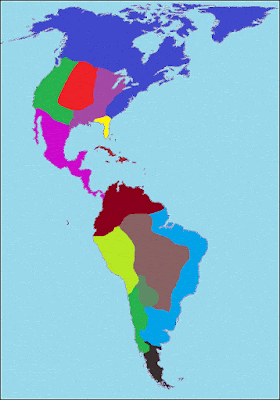Alternative history: What if Nazi Germany invaded Britain?
What if Nazi Germany invaded Britain? Context During World War II, Nazi Germany expanded its territory to reach the goal of Lebensraum (Aryan homeland). They invaded most of Europe, especially Eastern Europe, because there are many of the people groups whom the Nazis consider as enemies who live there, namely the Jews. They also invaded westwards to the Netherlands, Belgium and the northern part of France, even they have attempted to invade Britain, but it failed due to resistance from the RAF. But what if Nazi Germany successfully invaded Britain? Alternative scenario In the real timeline, Nazi Germany failed in there attempt to invade Great Britain due to resistance from the RAF and geographical factors (as Great Britain was an island separated from mainland Europe). In this alternative timeline, Nazi Germany tried their best to invade Britain to reach their Lebensraum goal, but there were no resistance from the RAF and the Nazis did not care about the geographic location of Br...
